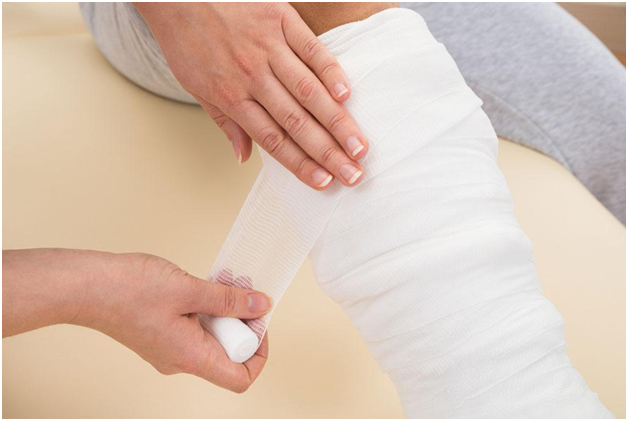It’s that time of year again when you know with every delicious morsel you put in your mouth, you’re going to regret it come January 1. Different ways you can lose weight can help you to achieve your objectives.
That’s what New Year’s resolutions are for, right?
As soon as you’re done celebrating the New Year with the champagne and hors-d’oeuvres, you’ll be ready for the gym!
At least, that’s what you’re telling yourself. You and 45% other adults in America.
The truth is, 80% of those gym memberships everyone signs up for on January 2nd don’t get much use past May.
Going to the gym takes a lot of work. You have to find a time when you’re not at your actual job or running your kids around town. It’s just not possible for some people.
So, how do you lose weight without buying expensive elliptical machines or showing up to the gym at midnight?
If you’re already stressing about how to lose weight without exercise, we’ve got some tips below that will help.
How to Lose Weight Without Exercise:
Losing weight without exercising sounds impossible. After all, that’s what your doctor always says: “Get more exercise!”
While we all know that’s how you lose weight, there are alternatives that don’t involve starving yourself.
In fact, if you’re lean already and just have some pesky belly fat to get rid of, starving yourself can actually lead to weight gain. Plus, it’s really unhealthy to do that.
Here are some healthy ways to lose weight without exercise.
Eat More Fiber
Fad diets also aren’t the best idea. But, a change in your overall eating habits with help you lose weight.
The easiest change is to add more fiber to your daily diet. Even Harvard agrees and you definitely trust those super-smart folks, don’t you?
Adding soluble fiber like oatmeal, beans, peas, fruits, and vegetables will help you lose belly fat. But, you’ll also have a healthier digestive tract and gut bacteria.
Your blood sugar levels will also be better regulated and you’ll have great skin.
Eat Slower
Some experts believe that chewing slowly will help you lose weight. The school of thought is two-fold.
First, they allege you take in fewer calories by chewing your food until there are no more lumps. Second, it will help you eat less.
There’s actually a third benefit. Eat slower means you’ll enjoy your meal more. Especially those yummy fruits and veggies!
Plastic Surgery
This may be a little more extreme than you were looking for. But, there are procedures that are minimally-invasive like body contouring.
This is great if you have specific areas you want to target. It’s also safe with little side effects. If this option interests you, make sure you read more about it so you understand everything involved.
Get More Sleep
This is going to sound like music to your ears (or, in this case, eyes) but sleeping more can help you lose weight. The way it works is pure science.
Having a regular sleep schedule — which means being in bed at the same time every night and up at the same time every morning — keeps your circadian rhythm in check.
Your circadian rhythm is one of the most important factors when it comes to the health of your hormones. This affects your body’s metabolic rate and its ability to lose weight and keep it off.
The National Sleep Foundation recommends adults sleep between seven and nine hours every night. There’s a magic number for everyone and you know when you’re at your best.
The key is consistency. If eight hours is your ideal sleep time, stick to it — even on the weekends. Too much sleep can make you feel groggy and too little will make you feel like an extra from The Walking Dead.
Say Bye-Bye to Belly Fat:
You now have some tips on how to lose weight without exercise. Some of these may be a little more extreme than others, but you won’t need a gym membership or two extra hours in your busy day.
You just need to improve your eating habits, which includes avoiding certain foods. Whatever you do, don’t stress over it. That can lead to weight gain, too.
For more tips on health and fitness, check out our other posts on our lifestyle blog.
Read Also:
- Lose Weight: What Is The Best Way To Lose Weight?
- If You’ve Reached A Weight Loss Plateau, Fix Your Sleep






















